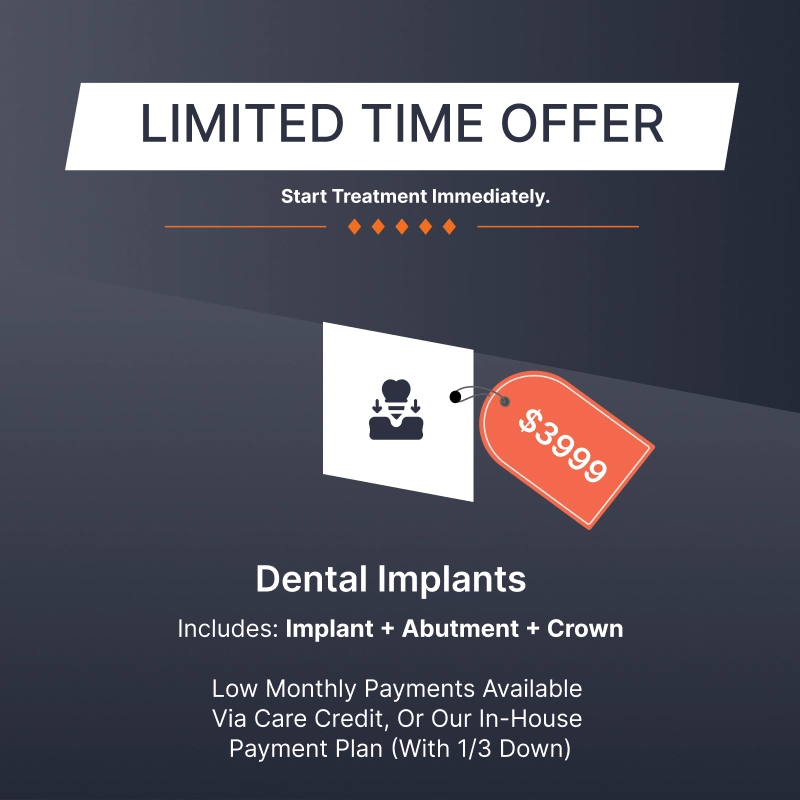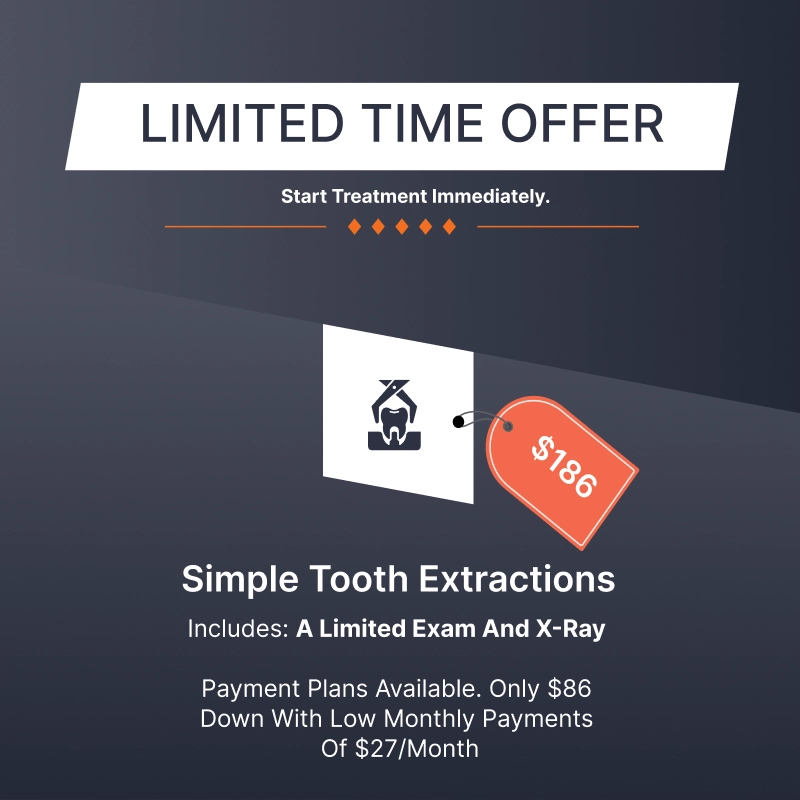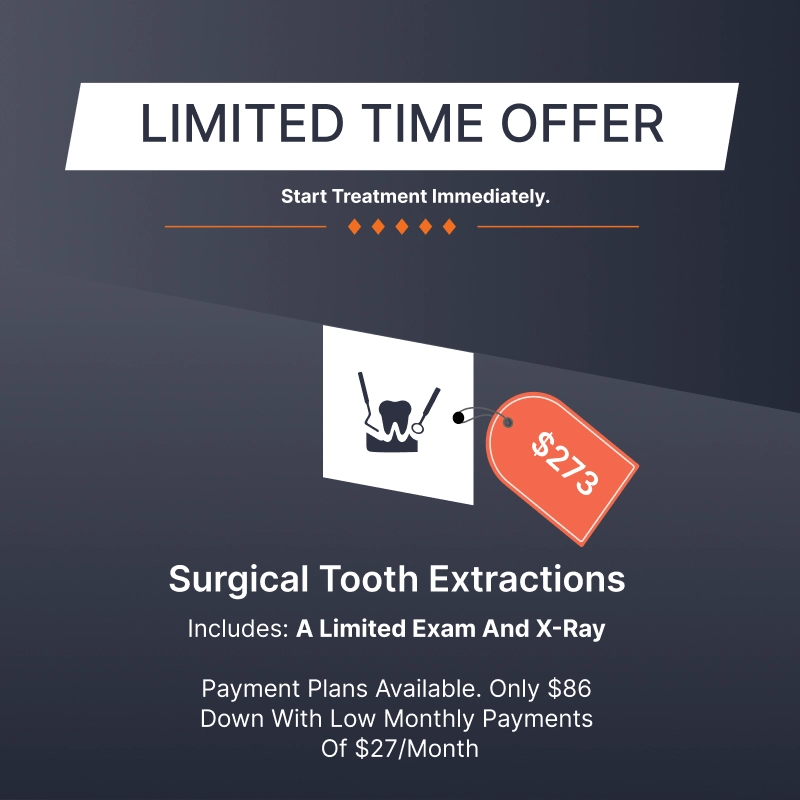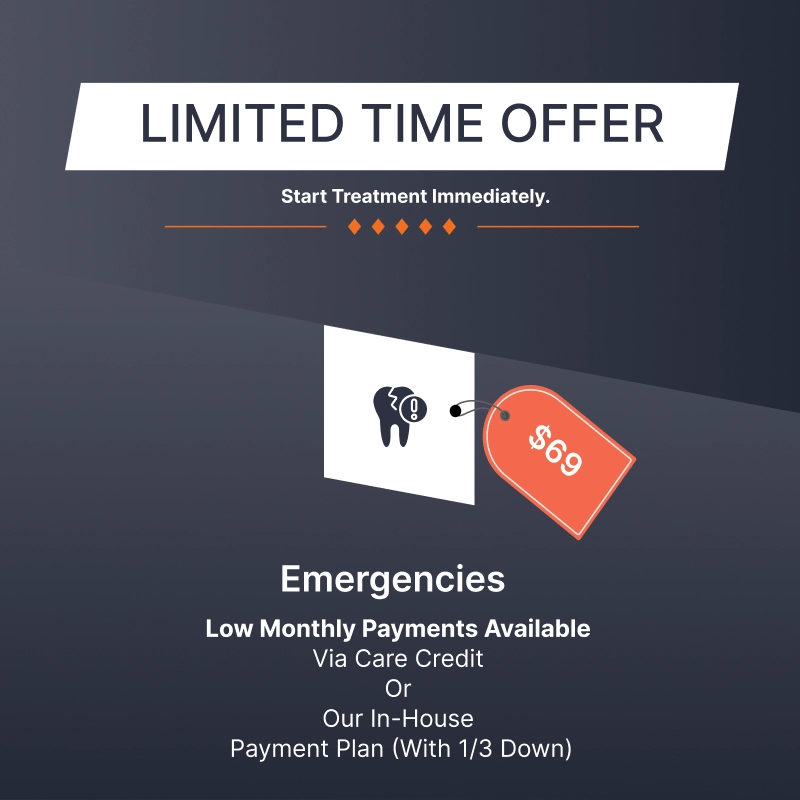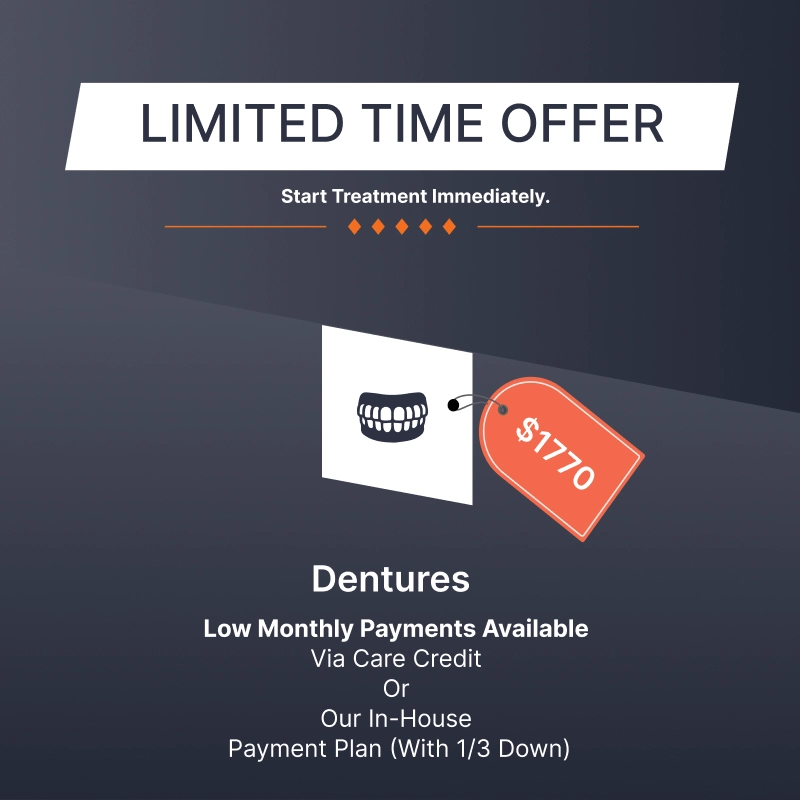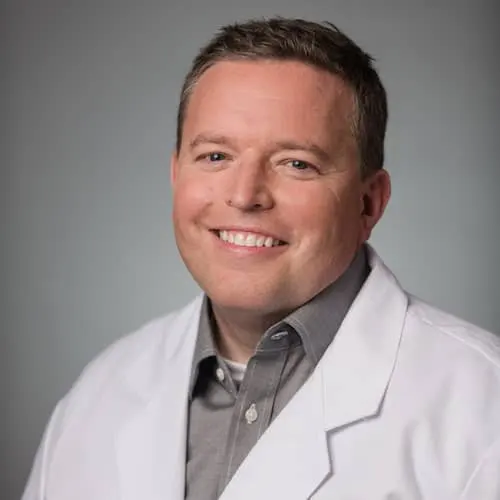Many people suffer from osteoporosis and increased risk for fracture of bones. This condition is often treated by medications, mostly in the bisphosphonate class, that slow down the process of decreasing bone density. These medications can increase a patients risk for osteonecrosis of the jaw (ONJ) following invasive dental procedures. ONJ is a condition where the bone in the area of the treatment remains exposed, fails to heal, and areas of the exposed bone become necrotic and die. This condition is very difficult to treat. Because it is difficult to treat, many physicians, dentists, and patients are unsure regarding dental treatment if the patient is taking this medicaton.
In the Journal of the American Dental Association’s November 2011 issue, authors, Hellstein, Adler, Edwards, et al. wrote an article entitled, “Managing the Care of Patients Receiveing Antiresorptive Therapy for Prevention and Treatment of Osteoporosis”. The aim of their efforts was to provide a summary of the current research, and provide guidelines for the treatment of patients undergoing antiresorptive therapy.
The risk for ONJ is 0.1%. Risk seems to increase with time that a patient has taken the medication. Risk does not seem to decrease if the patient discontinues taking the medication. Risk is also higher the more involved the planned procedures. Risk is also higher for overweight patients, and patients with diabetes.
Millions of people are taking these medications and all will require dental treatment. It is recommended that the following things be done to decrease risk.
- Have a dental examination and have your dentist complete any necessary treatment, especially the removal of any questionable teeth, prior to beginning these medications.
- Have regular dental check-ups to prevent and detect small problems before becoming big problems.
- Keep your mouth clean to prevent dental disease. Ask your dentist and hygienist to evaluate your technique and provide instruction how to improve. Ask your dentist about the use of fluoride, xylitol, MI paste, to lower your risk.
- Improve your diet. Avoid the frequent consumption of soda, energy and sports drinks, sweetened coffee and tea, and juice. Avoid other sugary and other starchy foods especially between meals. Be especially careful with lozenges, candies, and gums that contain sugar.
- If you’ve already started the medication, have an examination and treatment as soon as possible the longer you are on the medication, the higher your risk.
- Do not discontinue the medication unless advised by your physician. Discontinuing the medication will not lower your risk for ONJ, but may increase your risk for a fracture.
- Take an antibiotic prescribed by your dentist one day prior to your planned procedure and continue the antibiotic for 4 days after the procedure. Your dentist can tell you if your planned procedure warrants this measure. Generally you do not need to take an antibiotic for cleanings, fillings, root canals, and crowns or bridges.
- Rinse with a chlorhexidine 2 times a day for 4 weeks after any surgical procedure. Chlorhexidine is a prescription mouthrinse provided by your dentist.
- Be careful with surgical procedures performed in multiple areas of the mouth. It may be best to limit treatment to one area at a time.
Here’s some good news a patient taking these bisphosphonates and other antiresorptive medications can expect similar rates of success for any dental procedure as a person not taking those medications. This includes dental implants.
Together you, your physician, and dentist can work together to slow the progression of osteoporosis while enjoying good dental health.
—–
Article written by Jonathan G. Campbell, DDS. Dr. Campbell is a dentist in Salt Lake City.

